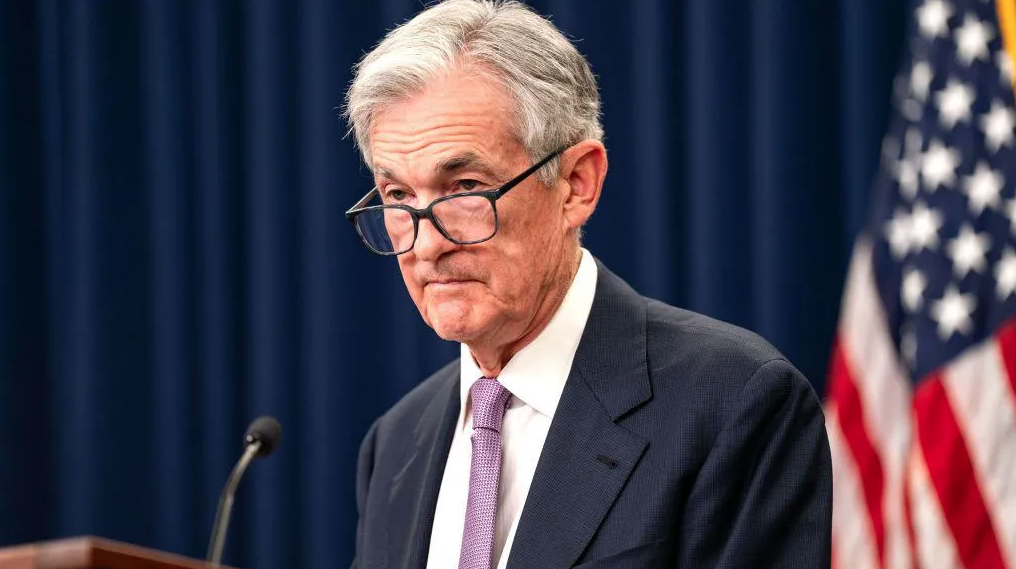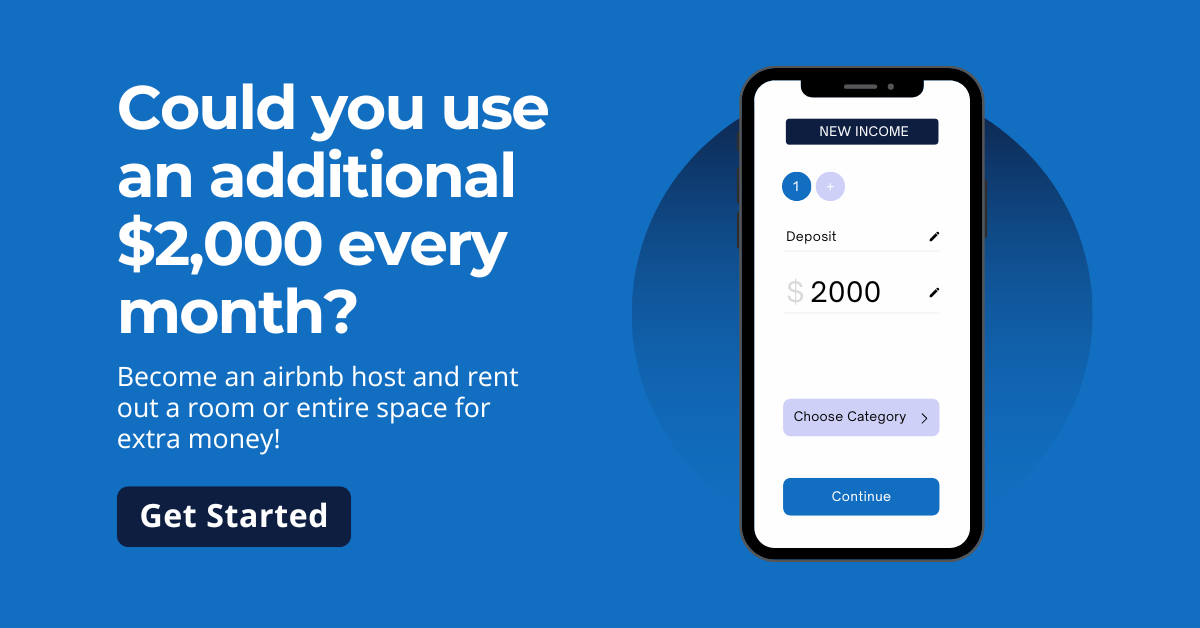On November 7, the Federal Reserve made headlines by cutting rates by 0.25%, following a larger 0.5% cut in September. While this move may appear promising for prospective homebuyers, the reality is a bit more complex. Here’s why this rate cut might not be the game-changer some are hoping for—and what factors are likely to shape the housing market with Trump back in office.
Understanding What This Rate Cut Really Means
This recent rate cut lowers the federal funds rate to between 4.5% and 4.75%. Though it might seem like this will make mortgages cheaper, it’s essential to note that the Fed’s short-term rate adjustments don’t immediately translate to lower mortgage rates. In fact, even after the September cut, we saw mortgage rates tick up, reaching an average of 6.79% for a 30-year fixed-rate loan. Why? Because mortgage rates are influenced by a range of factors beyond Fed decisions, including the broader economic outlook and investor sentiment.
Matt Schulz, LendingTree’s chief credit analyst, put it simply: “The effect of these cuts won’t be very noticeable right now.” In other words, don’t hold your breath for drastic mortgage rate drops anytime soon.
Will the Election Change Everything?
With Trump returning to the presidency, many are wondering how his policies could affect the economy, especially for real estate. Historically, Trump’s approach includes less regulation and tax incentives for real estate investors. However, while these policies could provide a boost for builders and high-end buyers, they might also lead to increased inflation. More inflation could push mortgage rates up rather than down.
The Mortgage Bankers Association’s chief economist, Mike Fratantoni, highlighted this dilemma, noting that Trump’s policies might spur economic growth but also contribute to higher inflation and higher interest rates. So, while investors may find new incentives, first-time buyers might still face an uphill battle with affordability.
The Challenges for First-Time Buyers
Trump’s potential economic policies could make it tougher for entry-level homebuyers, as high inflation and rising borrowing costs make housing less affordable. “Expect more volatility in the housing market,” warns Lisa Sturtevant, Bright MLS’s chief economist. For newcomers to the housing market, this could mean waiting a bit longer to see significant affordability improvements.
What Should Homebuyers and Investors Really Expect?
For many potential buyers, the hope is that Trump’s policies will ease market conditions, especially regarding regulatory restrictions on loans. Looser regulations could, in theory, make it easier to get approved for loans. However, experts caution that the supply of homes is still low, and high demand will likely keep prices elevated, particularly if the economy strengthens under Trump.
Redfin’s chief economist, Daryl Fairweather, suggests that affordable housing may not be a top priority under a Trump administration, meaning that high prices could be here to stay, especially in markets with limited supply.
Key Takeaways: Look Beyond Rate Cuts and Focus on Fundamentals
Ultimately, interest rates, government policies, and market trends all play a role in shaping the housing market, but the core of real estate investing remains in evaluating each deal carefully. This means focusing on cash flow, affordability, and property fundamentals. How much will a property cash flow after all expenses? Are there local market opportunities that make sense right now?
Rather than waiting for conditions to magically improve, the best strategy for buyers and investors alike is to stay rooted in the fundamentals. If the numbers work and the property is a solid investment, it’s likely to be a good deal—no matter what happens in Washington.
ARTICLES YOU MAY LIKE




